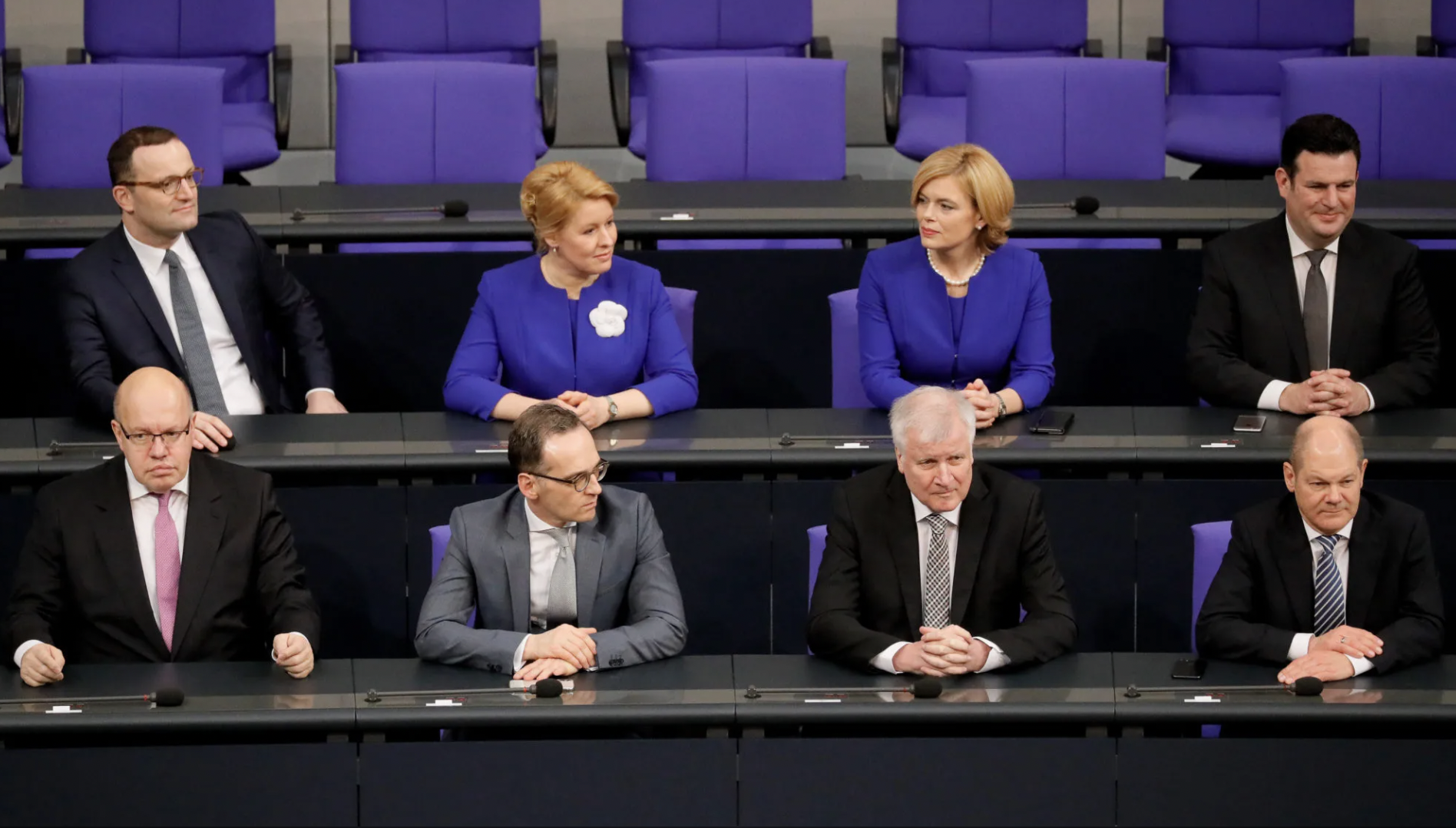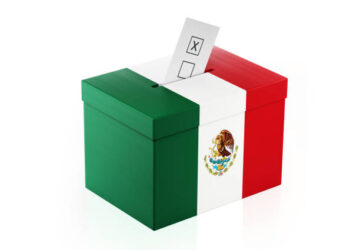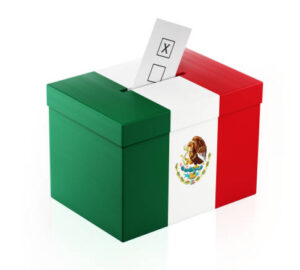The 19th Amendment and women in the draft? Here’s everything you need to know
By Khushi Bhatt
Today’s current laws state that every “male citizen” and immigrant between the ages of 18 and 26 must register with the Selective Service System. This agency is responsible for running a draft. Representative Chrissy Houlahan of Pennsylvania, a Democrat and former U.S. Air Force officer, wants to remove the word “male” from the bill and expand the registration to all Americans, regardless of race, color, sex, or gender.
As anticipated, not everyone is on board and many committee members are expressing their disapproval. Committee member Josh Hawley, R-Mo., announced his opposition to the measure, tweeting, “American women have heroically served in and alongside our fighting forces since our nation’s founding – It’s one thing to allow American women to choose this service, but it’s quite another to force it upon our daughters, sisters, and wives. Missourians feel strongly that compelling women to fight our wars is wrong and so do I.”
While women have been serving all corners of the military since 2013, supporters of the bill are saying that this is not “our grandfather’s military” and that women deserve to be included. Although a draft is highly unlikely, adding women and removing these labels would be a monumental step. Women have previously been labeled as ineligible because of military rules involving combat, but those rules have since changed. If the bill is passed, everyone, including women, would be required to register with Selective Services when they turn 18.
Several researchers in gender studies are labeling this as “huge” in terms of the fight for women’s rights and gender equity in the military.
8 men, 8 women: Germany’s First Gender-Equal Cabinet
 By Khushi Bhatt
By Khushi Bhatt
The incoming chancellor of Germany, Olaf Scholtz is the first man to be chancellor in 16 years. Although Olaf’s inauguration means Germany will no longer be led by female chancellor Angela Merkel, the incoming cabinet of political officials proves promising for women in politics. Before his appointment, Scholz promised to appoint an equal proportion of women and men to his government. These women will be leading initiatives, briefs, and meetings in topics ranging from diplomacy to security. Germany will have its first female foreign minister and its first female interior minister, as well as its third consecutive female defense minister.
“Security will lie in the hands of strong women in this government,” Scholz said. “Women and men account for half the population each, so women should also get half the power. I’m very proud that we have succeeded in realizing this.”
The former chancellor, Angela Merkel dreamed of gender parity during her chancellorship. Her long history and tenure with Scholz allowed him to push a similar agenda and compelled him to fight for the same causes. “Germany has evolved in the last few years, and Ms. Merkel played a big part in that,” said Jutta Allmendinger, the president of the research institute WZB Berlin Social Science Center and an expert on gender and inequality.
“Merkel always did her gender politics in secret,” Ms. Allmendinger said. “She is an absolute feminist. The fact that she didn’t proclaim it publicly has to do with the fact that she probably would have lost her power.” The women being sworn in to their respective offices have made it clear that they are here to leave a mark on the ministry.
Annalena Baerbock, the new foreign minister, has been vocal about her plan to take a tougher line toward strategic rivals like China and Russia. The incoming interior minister, Nancy Faeser, vowed on Monday to “fight the biggest threat currently facing our liberal democracy: far-right extremism.” And Christine Lambrecht, who will become defense minister, promised to get Germany’s notoriously under-equipped military the resources it needs. These new ministers are proclaiming their feminism loud and proud.
Klara Geywitz, the new minister for housing and urban development, called the gender-equal cabinet “an important signal for all women in our country.”
Eliminating the “pink tax” on military uniforms

By Khushi Bhatt
For new enlisted personnel, the U.S military provides uniforms and yearly replacement allowances; however, enlisted personnel often have to pay out-of-pocket costs too. Certain items such as all-weather coats and updates to uniforms often cost out-of-pocket money. During the past 10 years, female officers have been more affected by uniform changes than men and thus required to pay disproportionate amounts of money out-of-pocket.
The Senate voted to pass the National Defense Authorization Act (NDAA) — legislation that is passed each year to make changes to the country’s defense agencies, establish priorities, and provide guidance on military budgeting. This year’s bill is geared towards eliminating the “pink tax” on military uniforms and aims to address other financial gender inequities in the military. A report from the U.S Government Accountability Office found that women are required to pay more out-of-pocket costs than men: while women pay around $8,000 for their uniforms, their male counterparts only pay half, around $3,500. “These gender-based inequities are antiquated, and we have a duty to ensure that all service members are treated fairly and do not incur disproportionate out-of-pocket costs for uniforms”, says California House Rep. Julia Brownley.
“Our military represents our country’s values, and it is absurd that in 2022, women are still paying more than men for their uniform while they bravely serve our country,” said New Hampshire Sen. Maggie Hassan, an advocate to eliminate the tax once and for all. Under the proposal, dubbed The Equal Pay for Servicewomen Act, pentagon leaders would be required to develop more consistent criteria for uniform requirements “so as to reduce differences in out-of-pocket uniform costs across services and by gender.” While some items such as swimsuits and dress pumps would be an out-of-pocket expense, the new act is sure to relieve servicewomen of gender discrimination in terms of their uniforms. Hassan says “This is a pink tax, plain and simple, and one that has no place in our military – or anywhere in American society.”








